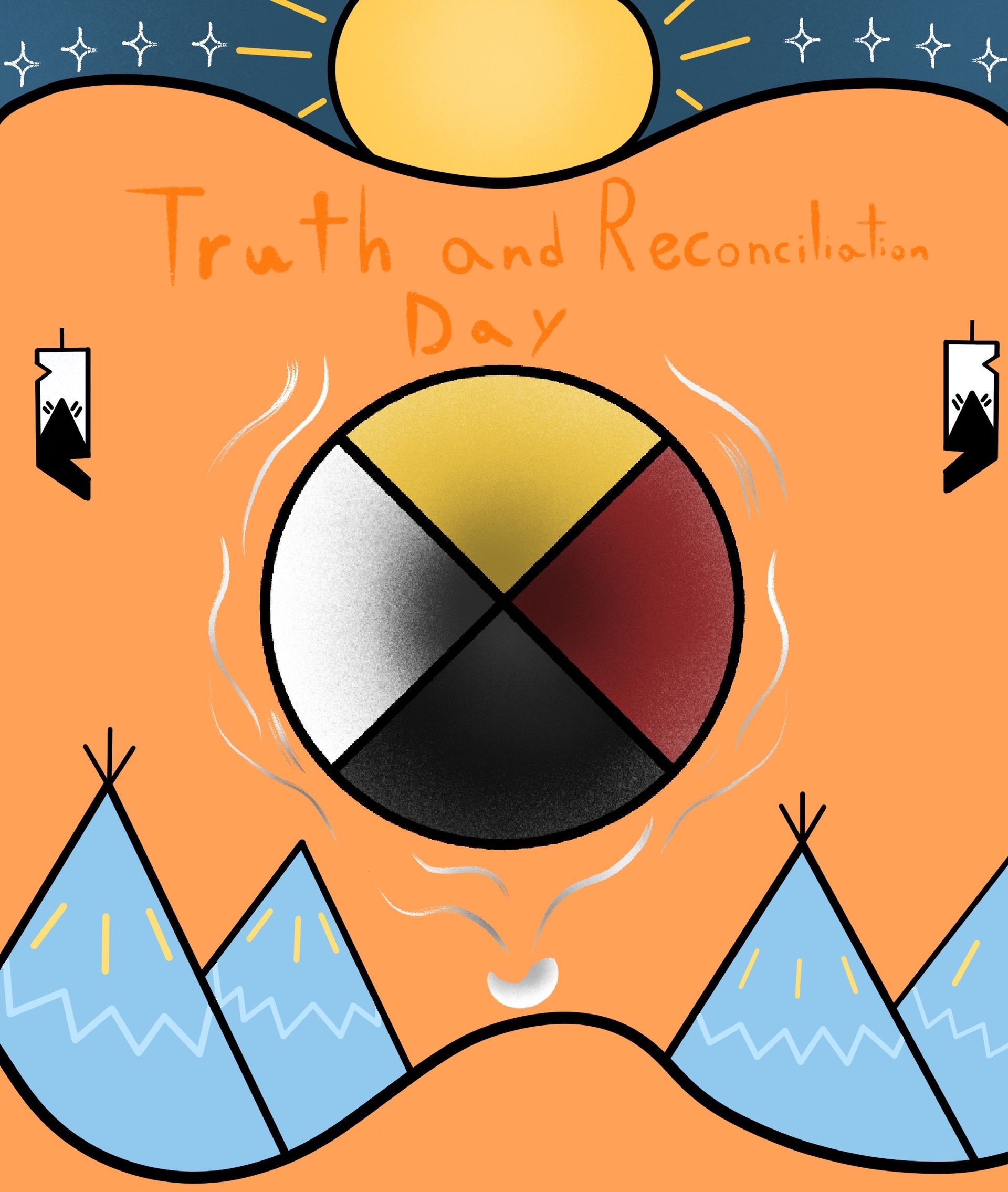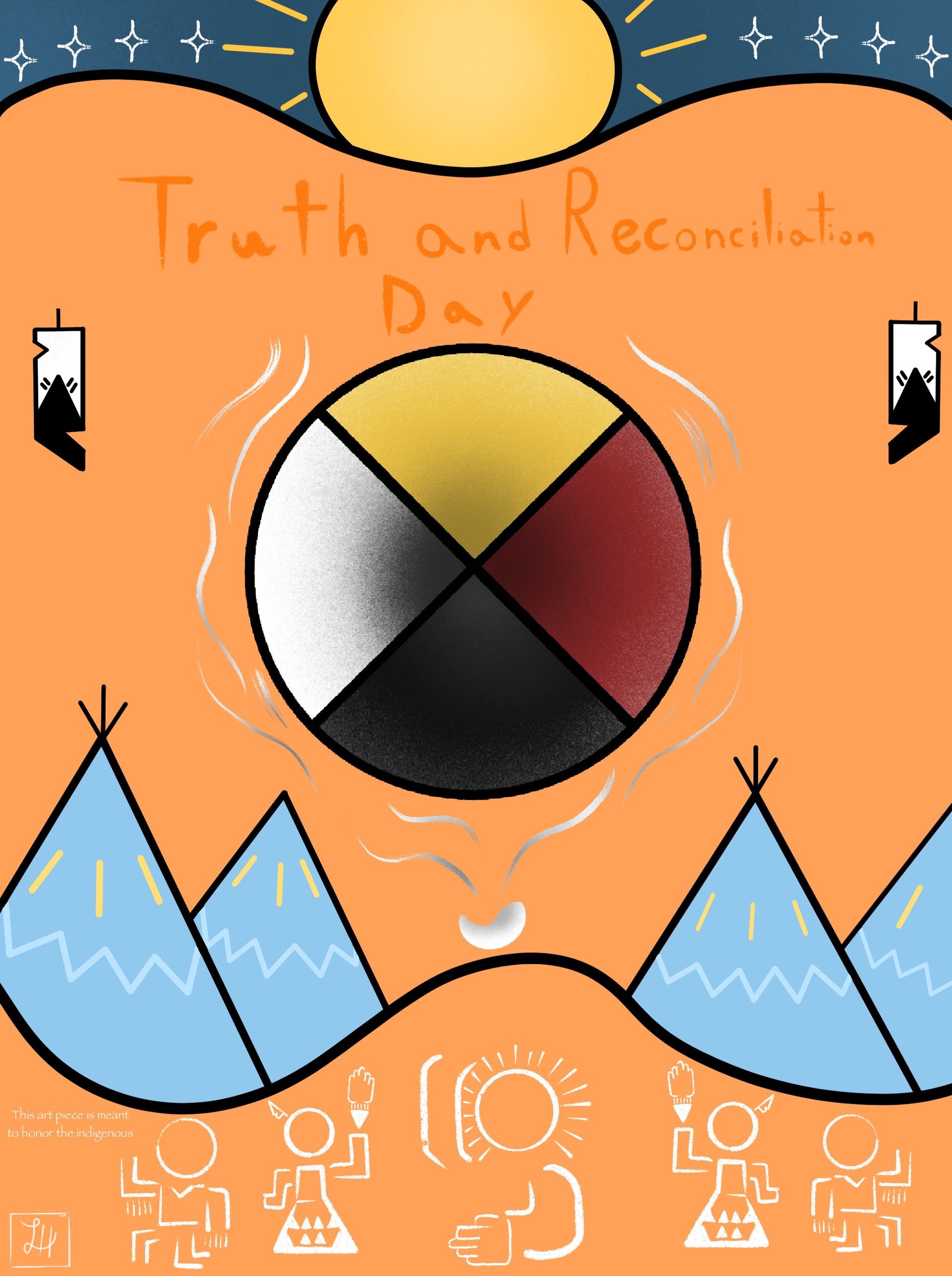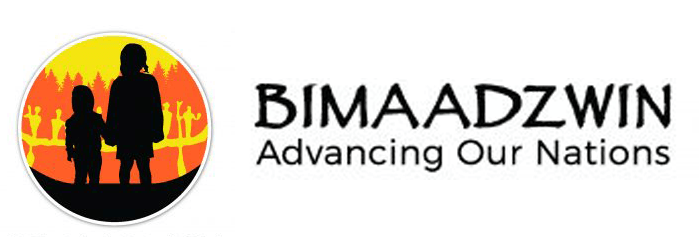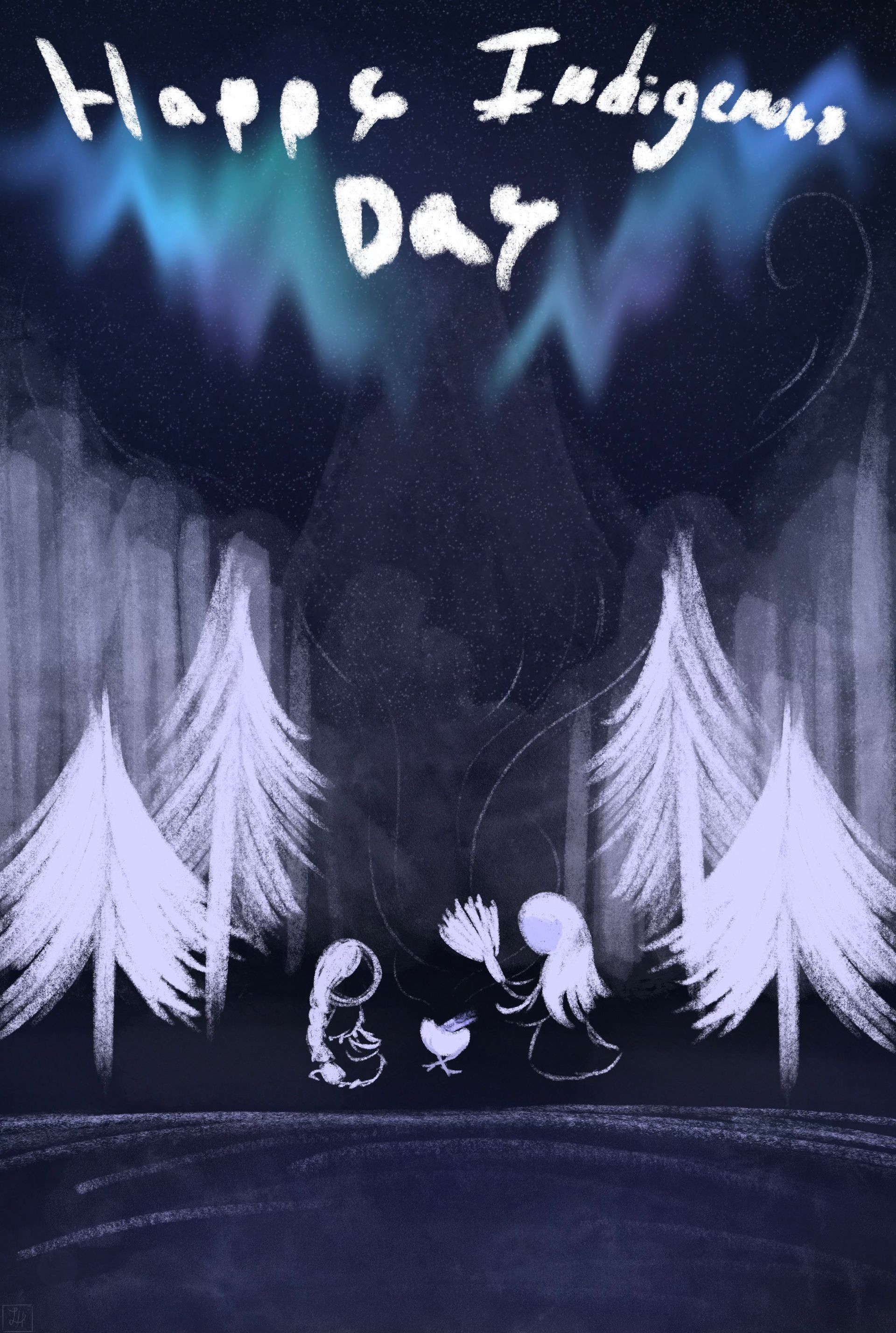Truth and Reconciliation 2024

Orange Shirt Day: A National Day for Truth and Reconciliation
The creation of the National Day for Truth and Reconciliation in 2021 formalized Orange Shirt Day as a federal statutory holiday, providing a dedicated time for reflection. While it is a step forward, it is crucial to remember that the spirit of this day goes beyond a calendar event.
It is a solemn reminder of the colonial practices that sought to erase Indigenous cultures, languages, and identities through the residential school system.
For more than a century, Indigenous children were forcibly removed from their families and communities and sent to schools where they experienced harsh conditions, abuse, and a deliberate effort to sever them from their roots. The legacy of this system has left a profound mark on generations of Indigenous people, creating cycles of trauma, loss, and cultural disconnection.
In 2024, as the country continues to grapple with the truths revealed by ground-penetrating radar searches at former residential school sites—where the remains of thousands of Indigenous children are being found—the urgency of recognizing and addressing this history has intensified.
The meaning of Orange Shirt Day
Orange Shirt Day, held annually on September 30th, is a day of deep reflection, remembrance, and a call to action for Canadians and people worldwide. It honours the survivors of Canada’s residential school system, remembers those who never made it home, and acknowledges the intergenerational trauma that continues to affect Indigenous communities.
Since its inception in 2013, Orange Shirt Day has grown from a grassroots initiative to a national movement that has sparked dialogue about reconciliation, the importance of education, and healing past wounds.
As we move through 2024, this day carries even greater significance.
A Year of Reflection and Action
This year has been particularly pivotal, as more discoveries of unmarked graves remind us of the scale of this tragedy. In 2024, Orange Shirt Day carries the weight of these revelations, pressing for continued action in local communities and the nation. These tragic discoveries have brought heightened awareness, but they also bring a call for genuine healing, meaningful reconciliation, and justice for survivors and their families.
We cannot overlook that 2024 is also a time of rising conversations about Indigenous sovereignty, land-back movements, and the ongoing need to support Indigenous communities. Orange Shirt Day is a symbol of a broader call to address systemic inequities—whether in healthcare, education, or economic opportunity—that Indigenous peoples still face.
A Call to Stand Together
The orange shirt has become a unifying symbol in Canada and globally, as people wear it to show their solidarity with survivors, their families, and Indigenous communities. Wearing an orange shirt is a small but meaningful act, signifying that “Every Child Matters.”
This message is universal, transcending borders and resonating with those who have experienced systemic oppression.
In 2024, the theme of unity and support is critical. As we continue to confront our collective history, there is a growing recognition that Indigenous issues are not just “Indigenous issues.” They are human issues that call on all of us—Indigenous and non-Indigenous—to unite to heal, rebuild, and stand up for justice.
Moving Forward with Hope
Orange Shirt Day is not just about looking back at a painful history but also about moving forward. It is about honouring the strength of survivors, celebrating the resilience of Indigenous cultures, and committing to a future where every child, every person, and every community can live with dignity and pride in who they are.
As we approach September 30, 2024, let us remember that reconciliation is far from over. This day's power lies in its ability to inspire action, spark dialogue, and create change. More than ever, we are called to listen to Indigenous voices, acknowledge the truth, and participate in building a more equitable and compassionate future.
Education as a Pathway to Reconciliation
One of the core messages of Orange Shirt Day is the importance of education. The day’s origin stems from Phyllis (Jack) Webstad’s story of having her new orange shirt taken away on her first day at a residential school, stripping away not just a piece of clothing but her dignity and sense of belonging.
Her story serves as a powerful metaphor for the ways Indigenous children were stripped of their identities and humanity.
In 2024, it is more important than ever to ensure that the story of residential schools is part of every classroom, boardroom, and community gathering. True reconciliation cannot occur without a commitment to education that accurately reflects the history of colonialism in Canada.
Orange Shirt Day provides an opportunity to teach future generations the truth and to foster a society that recognizes the resilience of Indigenous peoples while working towards healing and justice.
Conclusion
Orange Shirt Day reminds us of the children who were taken from their families, the survivors who carry the trauma, and the communities that continue to heal. It is a day for everyone to acknowledge our shared responsibility in addressing these historical wrongs.
In 2024, it matters more than ever to recognize that this history still lives with us today and that the journey toward reconciliation is ongoing. Let us embrace this day with humility, awareness, and hope for a better future.
In doing so, we can ensure that every child truly matters.
Share this post on social media


